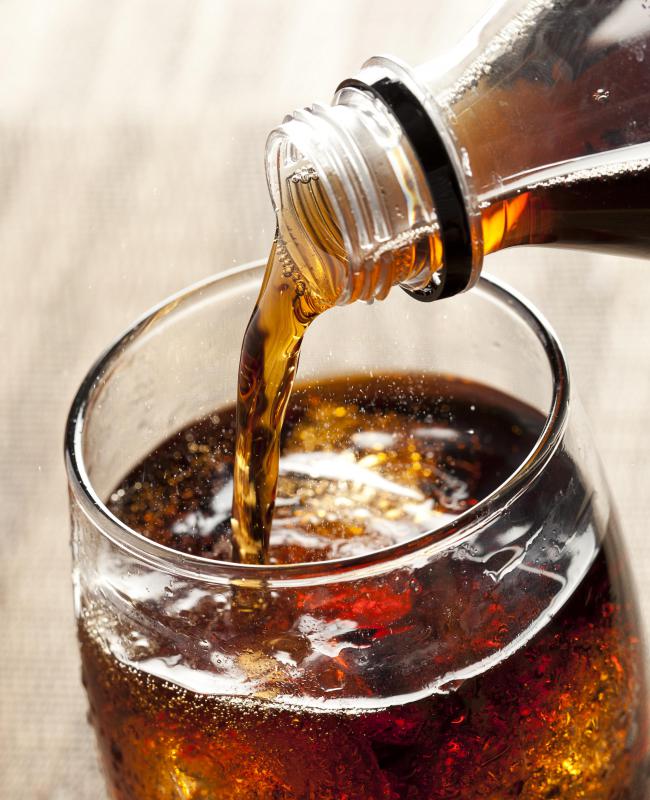At WiseGEEK, we're committed to delivering accurate, trustworthy information. Our expert-authored content is rigorously fact-checked and sourced from credible authorities. Discover how we uphold the highest standards in providing you with reliable knowledge.
What is the Best Diet for Bloating?
Bloating, a feeling of abdominal tightness sometimes accompanied by gas and belching, can be highly uncomfortable and even embarrassing. In many cases, this annoying phenomenon is linked to eating habits, and can be remedied by making minor adjustments to one’s diet. To determine the best diet for bloating prevention, it is necessary to first pinpoint personal bloating triggers. For many people, bloating is caused by a high intake of fat or fiber, a sensitivity to dairy products, or simply by swallowing too much air while eating. Establishing the best diet for bloating prevention is often a process of temporarily eliminating potential triggers and monitoring bloating in that trigger’s absence.
High-fat foods are a common bloating trigger. This is because foods that are high in fat require more digestion time than their healthier counterparts. As a result, they can remain in the stomach for significant lengths of time, burdening diners with a lingering feeling of uncomfortable fullness. To determine whether rich meals are to blame for bloating, try trading high-fat foods for lean protein and heart-healthy vegetables, fruits, and whole grains.

Somewhat confusingly, however, it is sometimes heart-healthy foods — particularly beans, lentils, and vegetables such as cabbage and Brussels sprouts — which trigger bloating due to the body’s difficulty digesting their high fiber content. To establish the best diet for bloating prevention while continuing to nourish the body with healthy natural foods, try temporarily eliminating fiber-rich foods and then reintroducing them over a period of several weeks. Gradually increasing one’s intake of these foods allows the digestive system to adjust to processing fiber and may reduce the tendency to bloat.

For some individuals, bloating results from an inability to process lactose, the sugar found in dairy products. Those who suspect a lactose sensitivity can retool their diet for bloating prevention by trading cow’s milk products for dairy substitutes such as soy- or rice-based milk and ice cream. Alternatively, some individuals may find that a dietary supplement which improves the body’s ability to process lactose may be sufficient to eliminate abdominal discomfort and gas.

In some cases, bloating is not caused by what one eats, but by how one eats. Excess air swallowed during meals can become trapped in the stomach, resulting in an unpleasant feeling of abdominal pressure. To prevent this occurrence, eat slowly, taking the time to consciously chew each bite. As an added bonus, eating slowly tends to translate to eating less, reducing the chances for bloating and indigestion caused by simple overindulgence. Finally, try avoiding carbonated beverages during meals, as their bubbles can contribute to feelings of fullness.
AS FEATURED ON:
AS FEATURED ON:















Discuss this Article
Post your comments